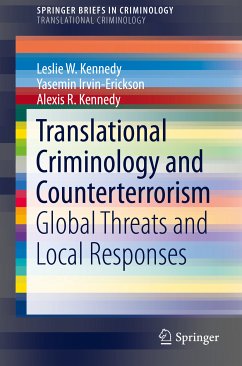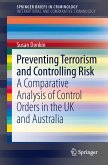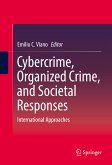This brief focuses on translational criminology practices as they relate to counter-terrorism and homeland security. The work provides a detailed and practical examination of how global threats (such as, terrorism and cybercrime) are managed through local response. It covers emerging strategies in data collection procedures, inter-agency cooperation, and new analytical techniques including risk-terrain modeling. In addition, it presents a common methodology, including steps in risk assessment, risk management, and decision-making, that can be used to frame and analyze global and local threats. The authors examine these issues using examples of how law enforcement responded to specific security threats including the 2013 Boston Marathon bombings, the 2003 terrorist attack in Istanbul, Turkey, and the 2010 Stuxnet attack on the Natanz nuclear facility in Iran. This work expands on existing literature covering the impact that globalization has on cross national threats, drawing on disciplines related to criminology, such as international relations and political science.
Dieser Download kann aus rechtlichen Gründen nur mit Rechnungsadresse in A, B, BG, CY, CZ, D, DK, EW, E, FIN, F, GR, HR, H, IRL, I, LT, L, LR, M, NL, PL, P, R, S, SLO, SK ausgeliefert werden.









